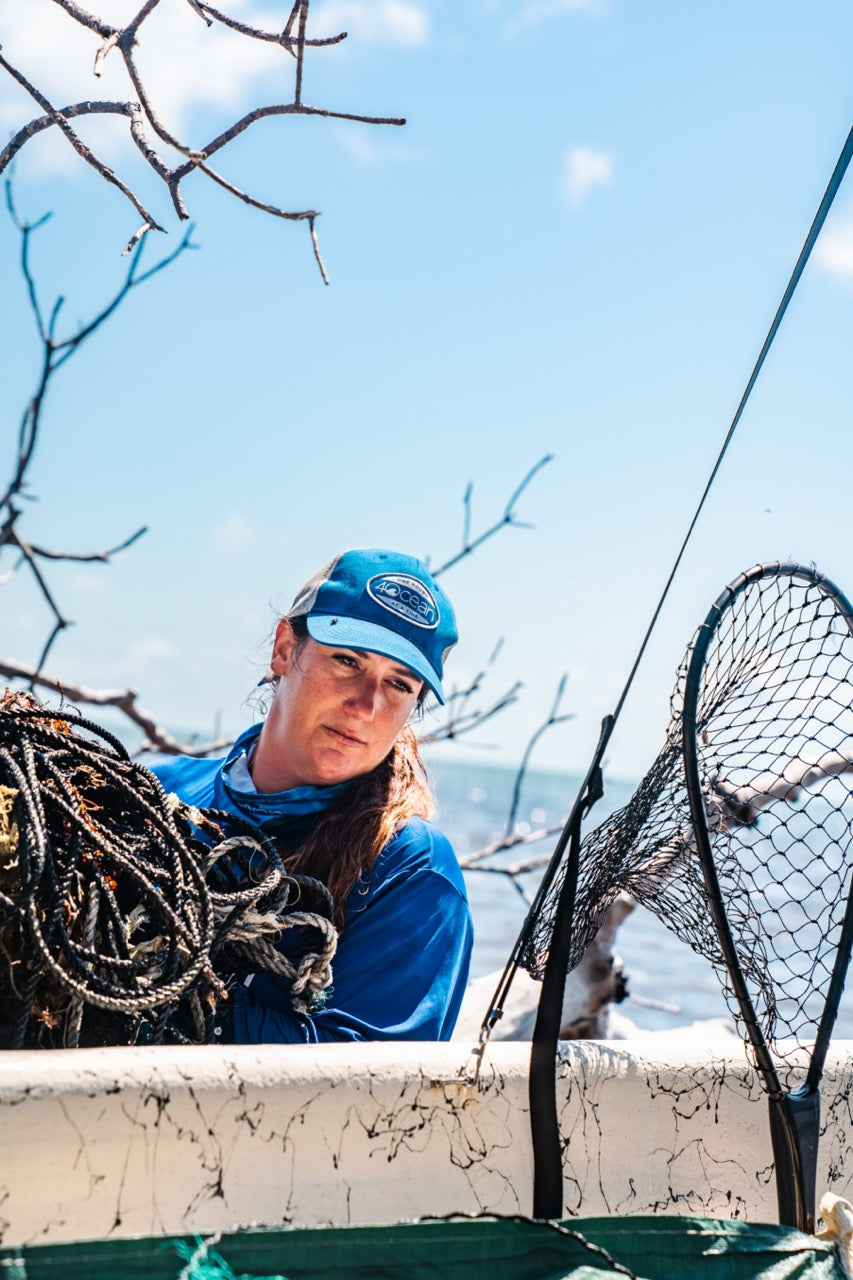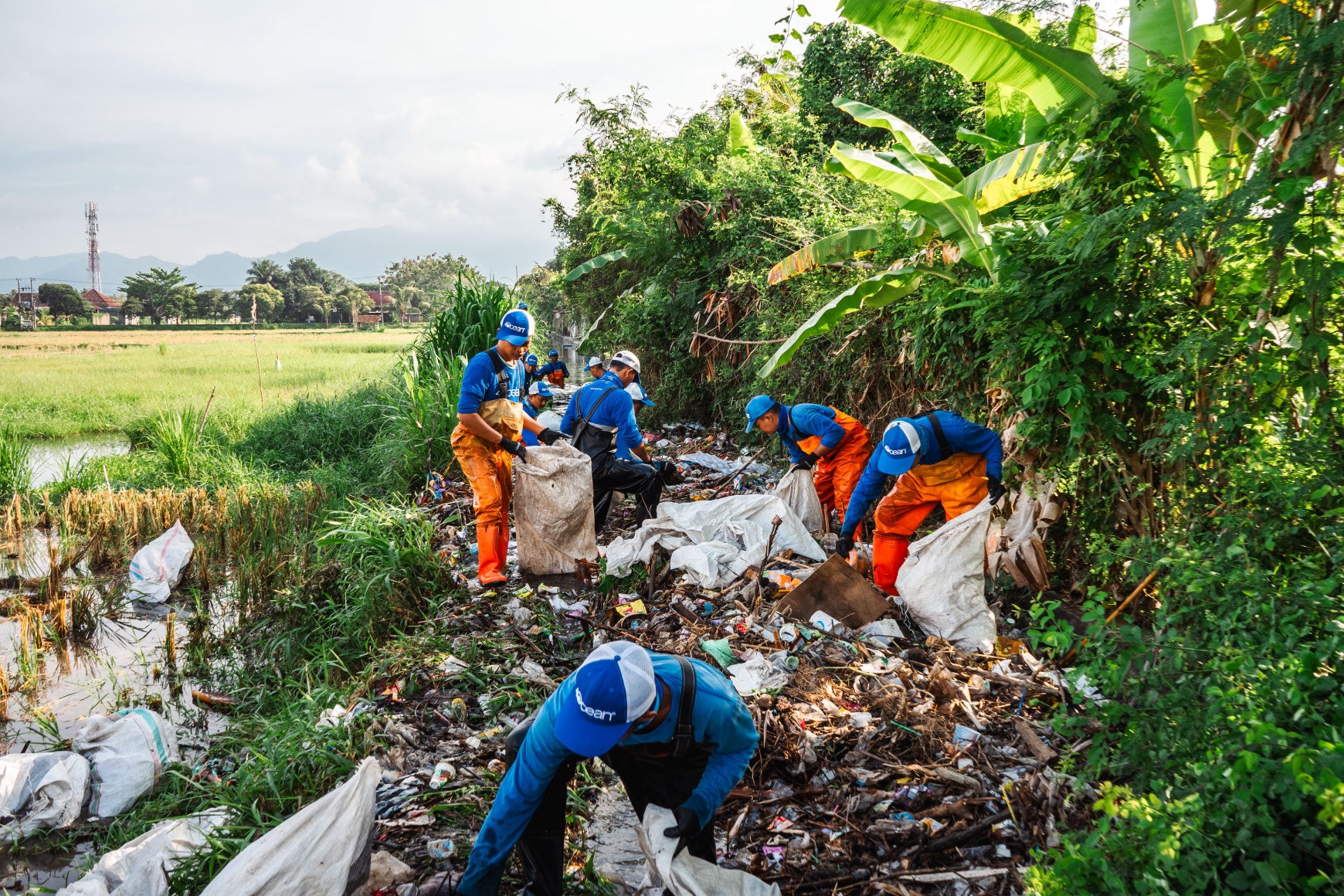5 MIN READ
12-12-2024
4ocean Endures Bali’s Worst Floods
Ucik, 4ocean Bali Content Correspondent
The sky wept for over 24 hours.
The sky wept for over 24 hours.
December 22, 2024, was a day Bali will not forget. Torrential rains hammered the island, and Jembrana bore the brunt of nature’s fury. Rivers swelled, overflowing their banks, and the Ijo Gading River turned into a destructive force. Homes were inundated, fields washed away, and livelihoods threatened.
For the 4ocean River Team and River Boom Team, the stakes couldn’t have been higher. As the waters surged, the crew sprang into action, driven by one goal: to safeguard lives, protect equipment, and minimize the flood’s impact.
As floodwaters engulfed villages like Pengambengan, residents scrambled to save their belongings. Among them was Mr. Budi Stiyono, a 4ocean crew member whose home was submerged to nearly half its height. Alongside neighbors, he worked tirelessly to dig drainage channels, unclog blocked waterways, and move precious items—livestock, refrigerators, even mattresses—to safer ground.
For the crew, the challenges were immense. Heavy rains made visibility near impossible, yet they raced to secure the boom system at Wijaya Teatre and retrieve clean-up equipment. Timing was critical; a delay could have meant losing boats, nets, and rafts to the raging waters. The crew’s preparedness paid off, with their quick thinking preventing catastrophic losses.
“Day or night, we remain on high alert,” one team member shared. “Floods like these don’t wait, and neither do we.”
While natural factors like unrelenting rain contributed to the disaster, human activities amplified its severity. Poorly maintained drainage systems in densely populated areas like Negara City and Pengambengan couldn’t handle the deluge. Many waterways were choked with trash, dumped carelessly into gutters, while narrow drainage channels exacerbated the flooding.
Additionally, illegal logging has left the land vulnerable, stripping it of its natural ability to absorb rainwater. These compounded issues highlight an urgent need for community education and sustainable practices to reduce the frequency and intensity of such disasters.
The damage was devastating. A bamboo house collapsed under the weight of the water and winds. Rice paddies, gardens, and fields were destroyed. Yet, amidst the destruction, there was relief: all 4ocean equipment, vital for river cleanups, was saved.
This resilience stems from rigorous preparation. The crew had previously adjusted the nets to withstand the floods, detaching one side to prevent them from being swept away. These proactive measures, combined with their on-the-ground response, ensured the tools of their mission remained intact.
December marks the onset of Indonesia’s rainy season, bringing challenges like flash floods, typhoons, and massive waves. Yet, as this disaster reveals, the environment’s vulnerabilities are as much human-made as they are natural.
4ocean’s teams continue to work not just on cleanups but also on creating awareness about littering, illegal logging, and sustainable water management. As the waters recede, the focus shifts to rebuilding and advocating for a future where floods leave less destruction in their wake.










